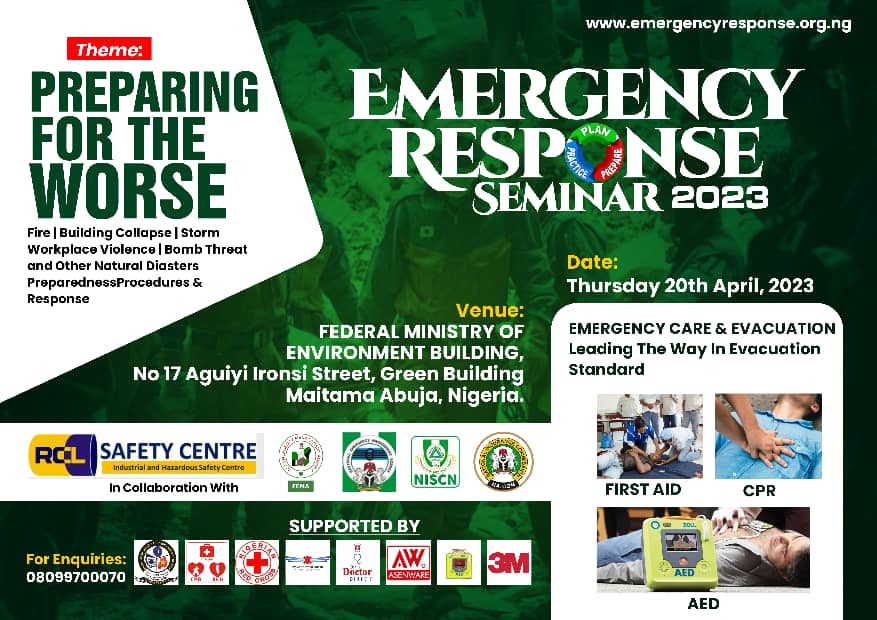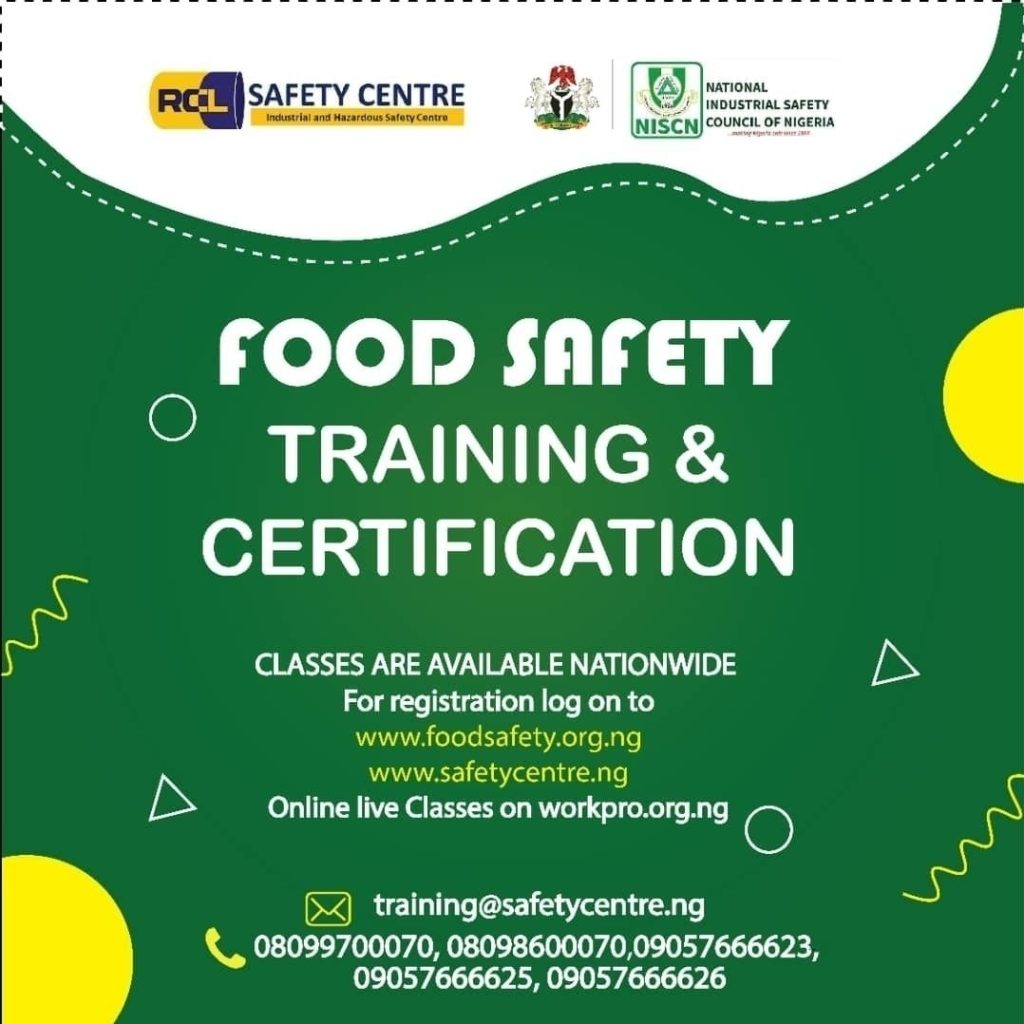
A good housekeeping program plans and manages the orderly storage and movement of materials from point of entry to exit. It includes a material flow plan to ensure minimal handling. The plan also ensures that work areas are not used as storage areas by having workers move materials to and from work areas as needed. Part of the plan could include investing in extra bins and more frequent disposal.
The costs of this investment could be offset by the elimination of repeated handling of the same material and more effective use of the workers’ time. Often, ineffective or insufficient storage planning results in materials being handled and stored in hazardous ways. Knowing the plant layout and the movement of materials throughout the workplace can help plan work procedures.
Worker training is an essential part of any good housekeeping program. Workers need to know how to work safely with the products they use. They also need to know how to protect other workers such as by posting signs (e.g., “Wet – Slippery Floor”) and reporting any unusual conditions.
Housekeeping order is “maintained” not “achieved.” This means removing the inevitable messes that occur from time to time and not waiting until the end of the shift to reorganize and clean up. Integrating housekeeping into jobs can help ensure this is done. A good housekeeping program identifies and assigns responsibilities for the following:
- clean up during the shift
- day-to-day cleanup
- waste disposal
- removal of unused materials
- inspection to ensure cleanup is complete
The final addition to any housekeeping program is inspection. It is the only way to check for deficiencies in the program so that changes can be made. The documents on workplace inspection checklists provide a general guide and examples of checklists for inspecting offices and manufacturing facilities.

What is an example of a Workplace Housekeeping Checklist?
DO:
- Minimize fire hazards by keeping workplace free of accumulated combustible materials and waste.
- Ensure that exits and aisles are clear of obstructions to allow easy evacuation of the building.
- Place all trash and scrap in proper containers.
- Keep oily rags in covered metal containers.
- Dispose of hazardous materials in approved marked containers.
- Store equipment and materials in their assigned location.
- Clean air vents and filters to maintain ventilation efficiency.
- Ensure that boxes, drums, and piles are located on a firm foundation and properly stacked.
- Clean up tools and unused materials after finishing a job or before leaving the job site.
- Clean up spills promptly according to procedures, using personal protective equipment (PPE) where necessary.
- Report hazards such as uneven boards, cracks, burnt-out lights.
- Bundle hoses and cables when not in use.
- Place empty containers and pallets in designated locations.
- Dump small containers into larger ones.
- Keep only enough combustible materials at job site for job at hand.

DO NOT:
- Do not pile material around fire extinguishers or sprinklers.
- Do not leave clean-up to last few minutes of shift or day.
- Do not clean equipment without “locking out.”
- Do not reach into waste containers. Dump contents or remove bag.
- Do not blow off dust with compressed air. Use a vacuum or brush.
- Do not collect broken glass and metal straps in plastic bags.
- Do not use bare hands when collecting waste. Wear gloves to avoid cuts and splinters.
- Do not place materials on stairs.
Do not use kegs or boxes as chairs or ladders.
At RCL Safety Centre this training is also available in different Nigerian languages like PIDGIN,YORUBA,HAUSA AND IGBO
Our company (RCL Safety Centre) is an indigenous company dedicated to Health, Safety and Environment Training and Services.
We are technical partners of the National Industrial Safety Council of Nigeria (NISCN) as well as approved training partners of most major International Occupational Safety and Health organizations like NEBOSH, and corporate members of ISPON (Institute of Safety Professionals of Nigeria) with thousands of personnel trained in various areas till date.
For more information visit our website: www.safetycentre.ng
Email: sale@safetycentre.ng or mma@safetycentre.ng
Contact us on: 08099700070, 09057666623 or 08164363532
